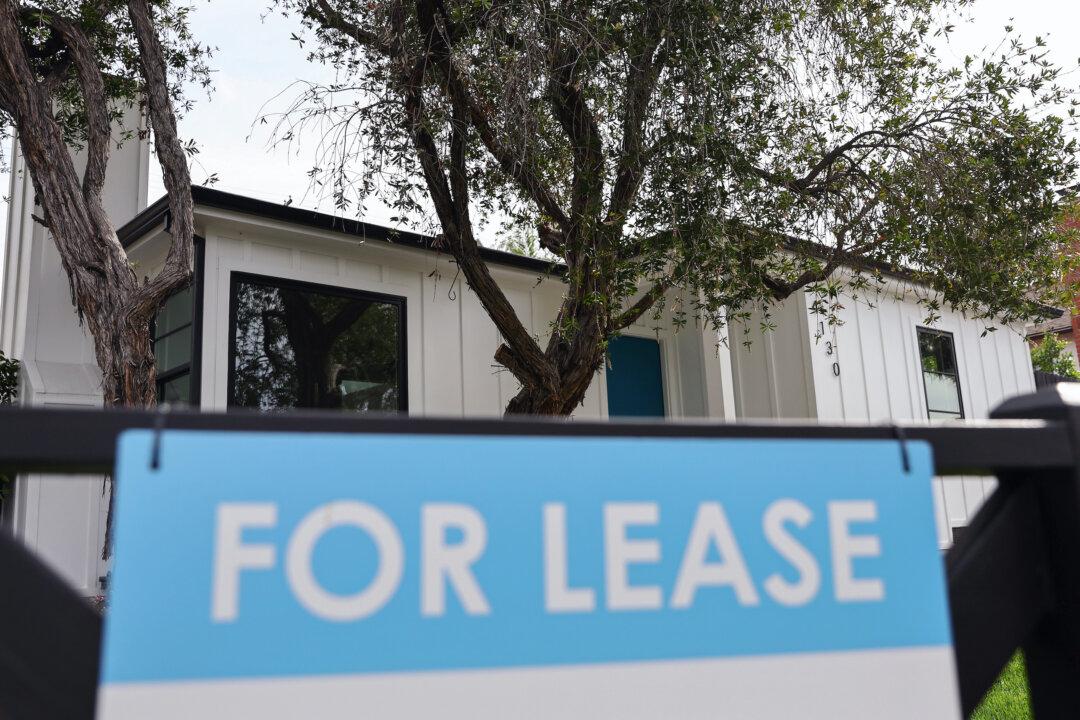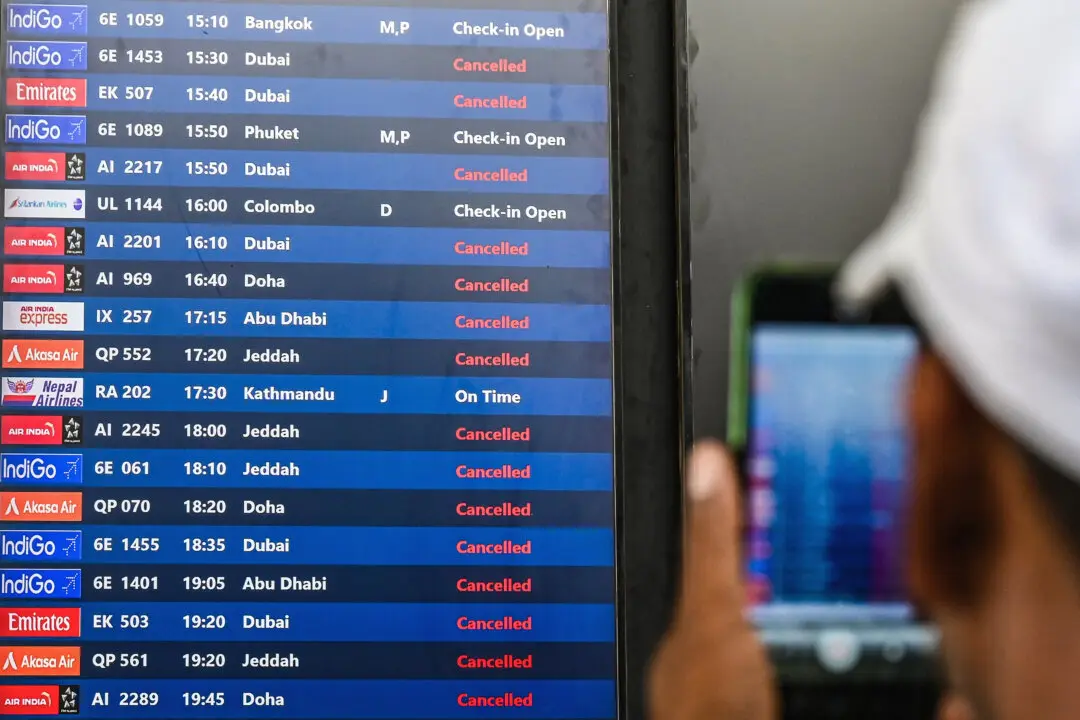The Queensland Labor government says new rental reforms will strengthen tenants’ rights, but a leading real estate group says there are problems with the ban.
Labor Minister for Housing Meaghan Scanlon spoke about the new Residential Tenancies and Rooming Accommodation and Other Legislation Amendment Bill (the RTRAOLA Bill) on May 24, after it was approved in Parliament a day earlier.





